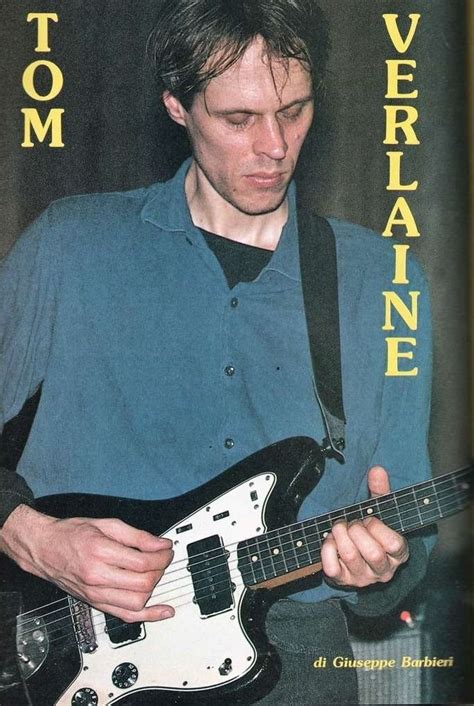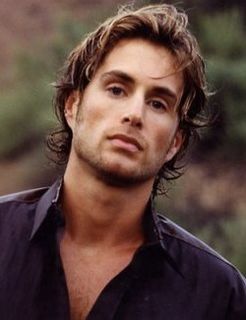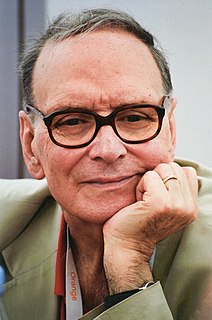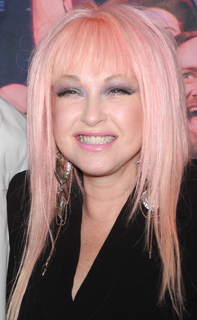A Quote by Win Butler
There's this idea, particularly in pop music and a lot of these pop father/manager types, that you're selling the person instead of the song. You basically want to create something that the fans relate to because it's exactly like them. So there's a lot of art that's made to be in the image of the audience, but then the audience is imitating this version of themselves. It's a really weird cultural feedback loop, and it's kind of strange to watch. It's a new thing since I was a kid, really a different thing.
Quote Topics
Art
Audience
Basically
Because
Create
Cultural
Different
Different Thing
Exactly
Fans
Father
Feedback
Idea
Image
Imitating
Instead
Kid
Kind
Like
Loop
Lot
Made
Manager
Music
New
New Thing
Particularly
Person
Pop
Pop Music
Really
Really Weird
Relate
Selling
Since
Something
Song
Strange
Them
Themselves
Then
Thing
Types
Version
Want
Watch
Weird
Related Quotes
There were a lot of things I listened to, but so-called pop music never killed me, you know, the type of stuff that always seems to make it on the radio. The whole radio thing seems so... it's like they've accepted the whole "new wave" thing only because this kind of pop element came into it. In Europe they really love emotion, but here it's like, "let's stay away from it because we might cry or something".
The weirdest thing I've been fascinated with nowadays is the new contemporary country music, which to me sounds like very strange '70s pop, and sometimes like rock music. But some of the themes in there - maybe it's because I know how the songs were written, but it really does sound like it was written by two or three people, with the idea to appeal to the most general audience.
In an odd way I thought I was lowering the bar for myself, in saying, well, I'll make a pop album. But in a way it's kind of harder to make pop music. It's like the more abstract you get with music, you get into that emperor's new clothes thing, where you can go anywhere, and just claim that your audience may not be prepared to go with you. But with pop music, I think everybody understands the form, everybody knows what it's meant to do. So I would say it's harder to write that kind of music.
To look for some kind of insight or meaning in pop songs is not really - well there's plenty of other places where you should probably look first before you start looking for it in a pop song. I guess it was just because I was really into music as a child, and I wanted it to say more. It was the thing, wasn't it? And now it isn't.
The supporting thing can be harder to pop in and out of. The hardest thing is the people who have to come in and play, say, the bartender for a day - that's a lot harder than playing the lead role. You have to pop in and get it right. It's a lot of pressure to just pop in there and fit in and find your footing really fast.
I feel like a lot of people look at pop music with a very formulaic perspective in numbers and patterns, but an outsider would think that the process is very natural. It is, but there are a lot of times where people treat it like a sport - there are tricks you can pull, different combinations that make something better. I don't really think I approach it that way, but I definitely have a love for the science that is pop song writing.
That's the thing: pop music has sometimes had a bad reputation for being about a lot of other stuff than the music. And I am just a lover of pop music. I love pop. I love big choruses. Dramatic choruses - they're the best thing in the world. And I do this because I love making music and performing the songs.
We played a show the other week at this festival and it was an audience that I'd never normally play in front of. That's one the greatest things about festivals: you don't always get your audience, you get people who just pop in out of curiosity. The reaction was amazing; there were people dancing, which we've never had, I guess because the message is pretty powerful and the performance is a lot more visceral than it has been previously. The audiences seem to be reacting to that really well and it's a wonderful thing, because at a performance you really bounce off your audience.
It's a template record for the intersection between pop and noise, starting out with 'Sunday Morning' - a real beautiful, almost innocent sunny day song. You have a lot of different types of things on one record. It can be really pretty, or it can be really awful inside, depending on where your head's at at the moment. I got it in ninth grade and I think I've listened to it every month since then.




































